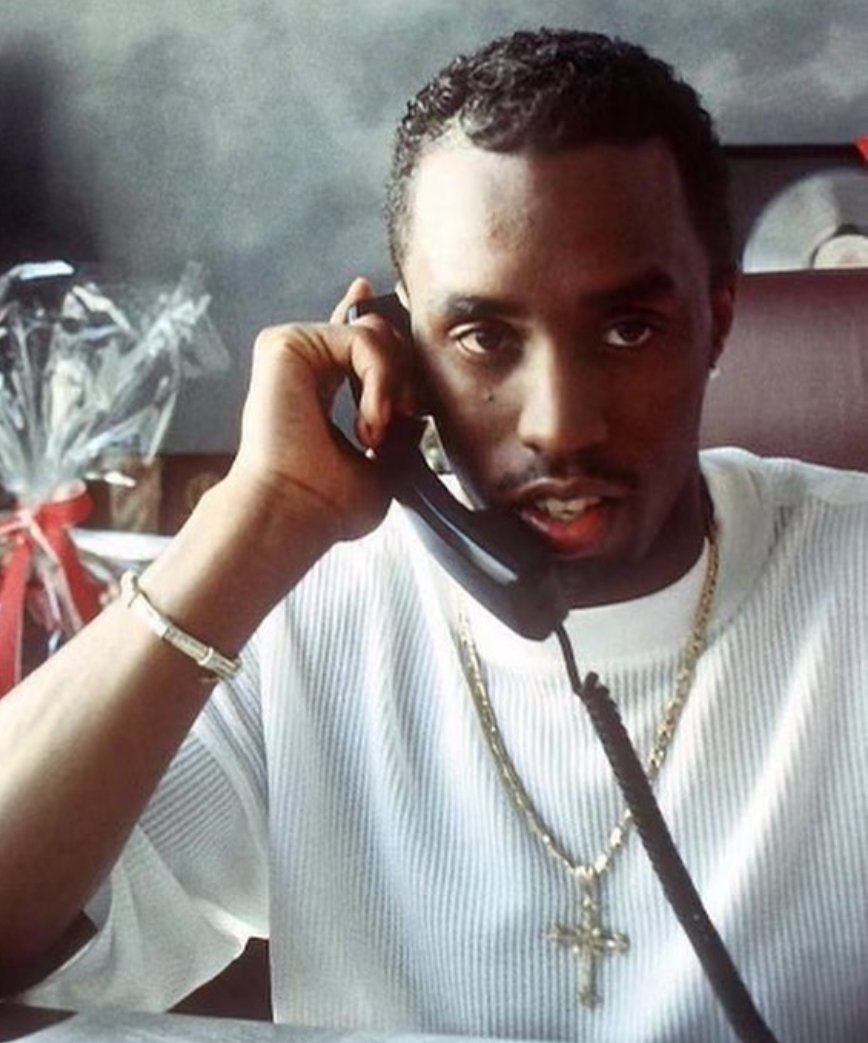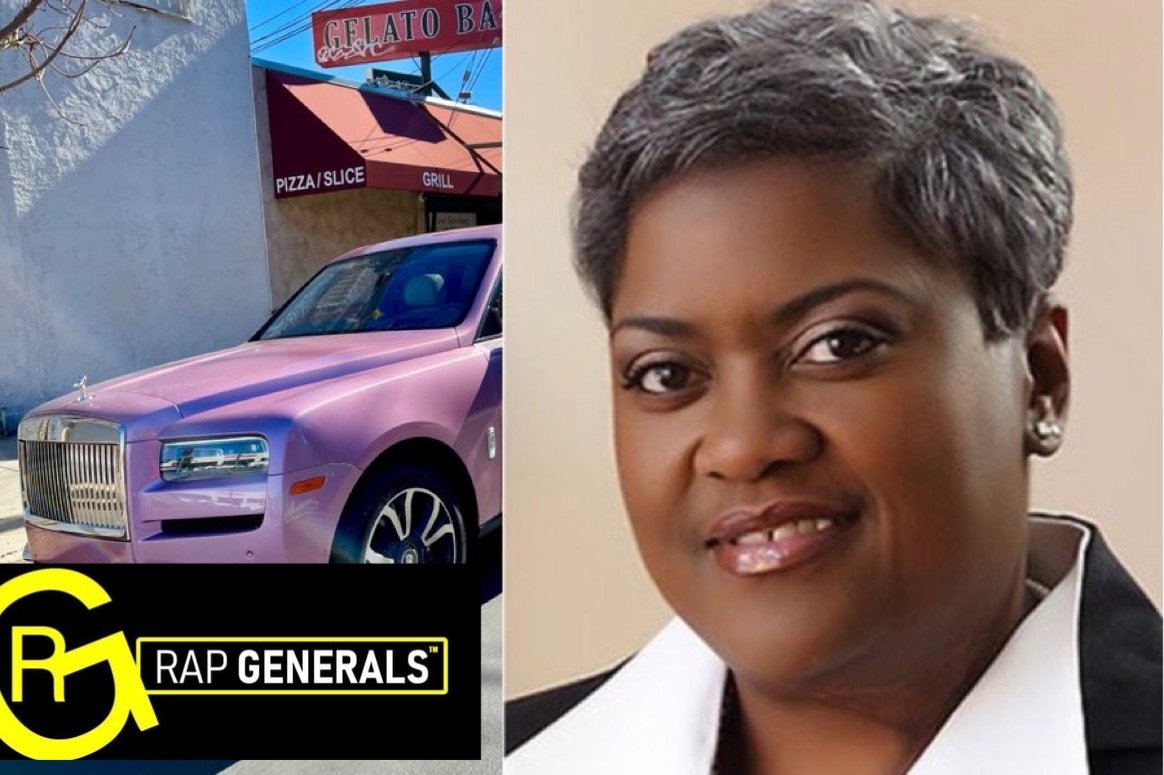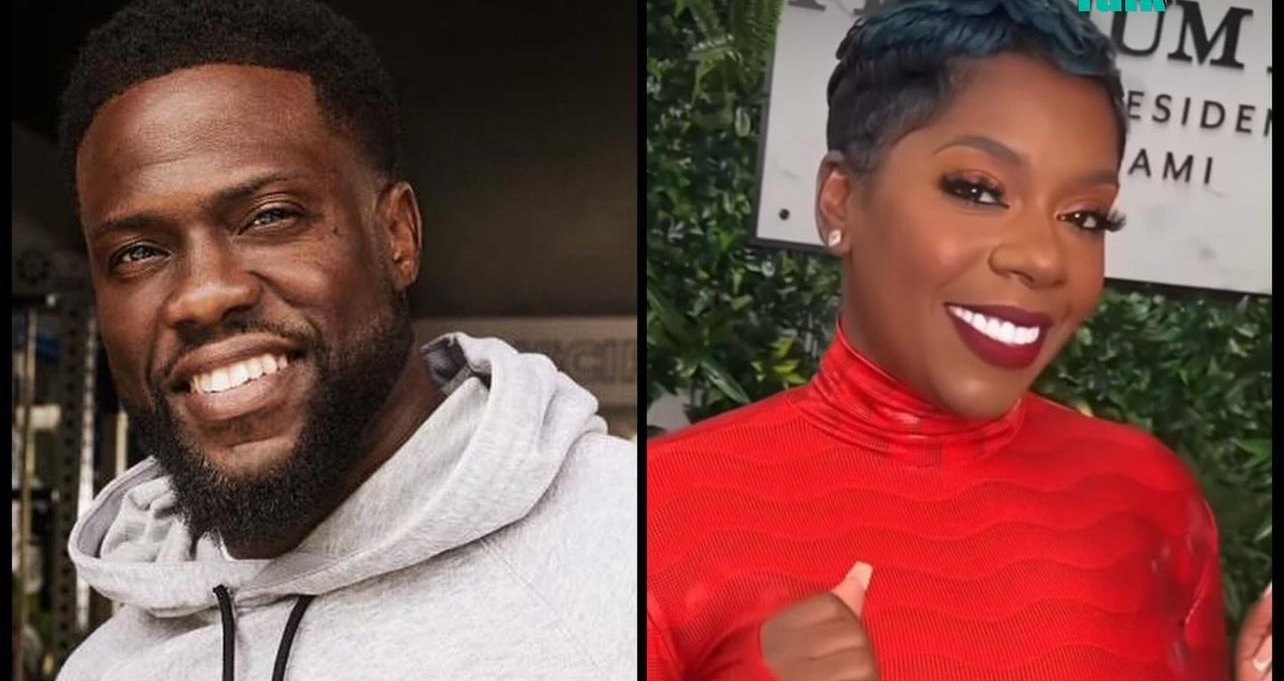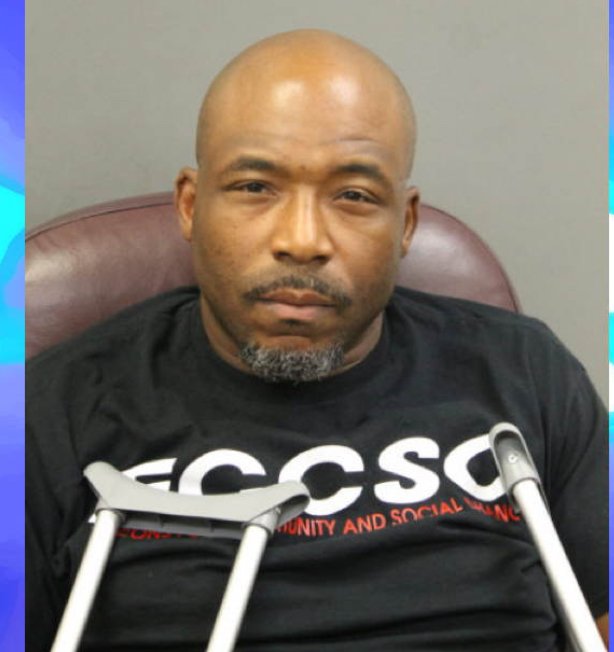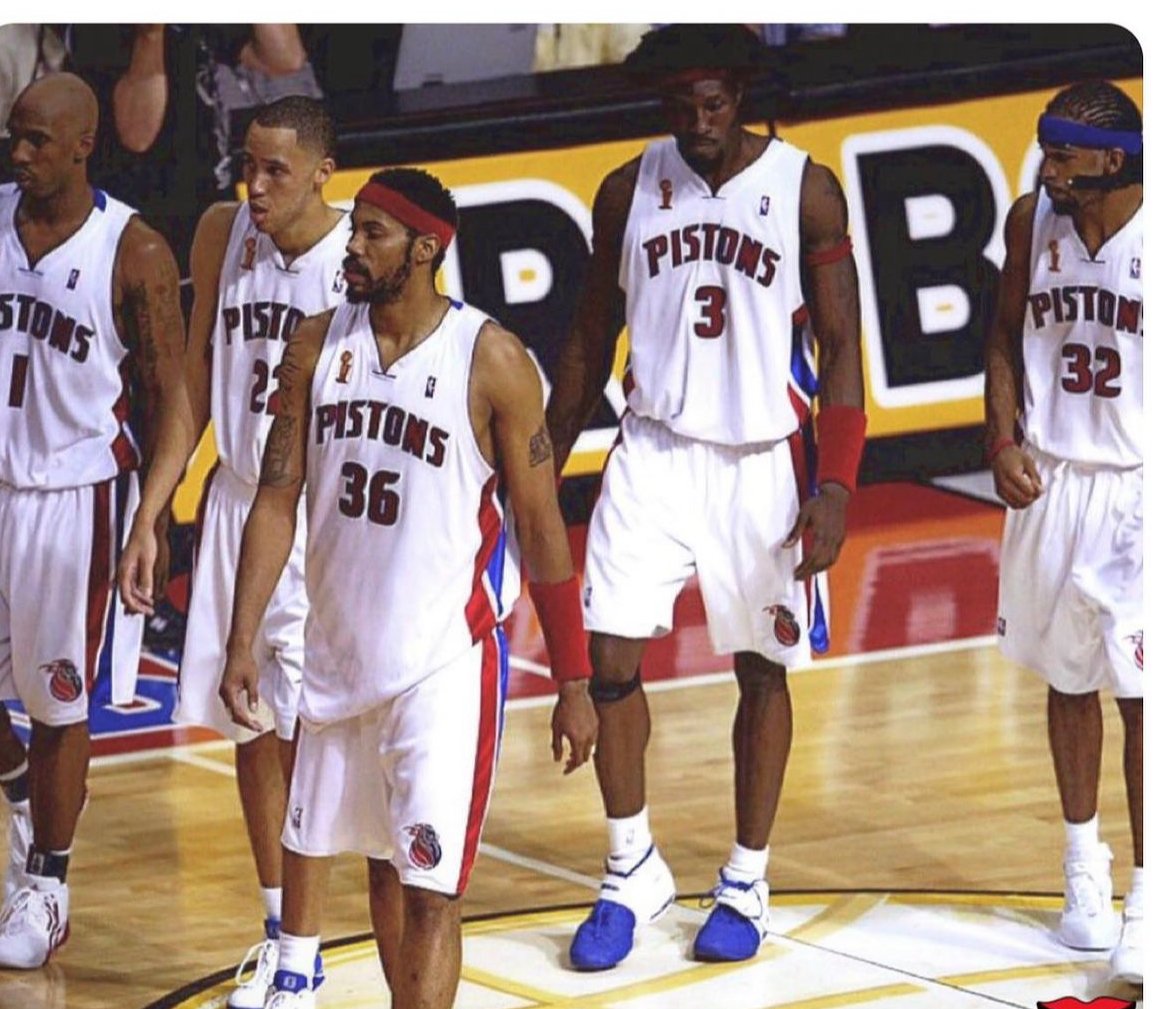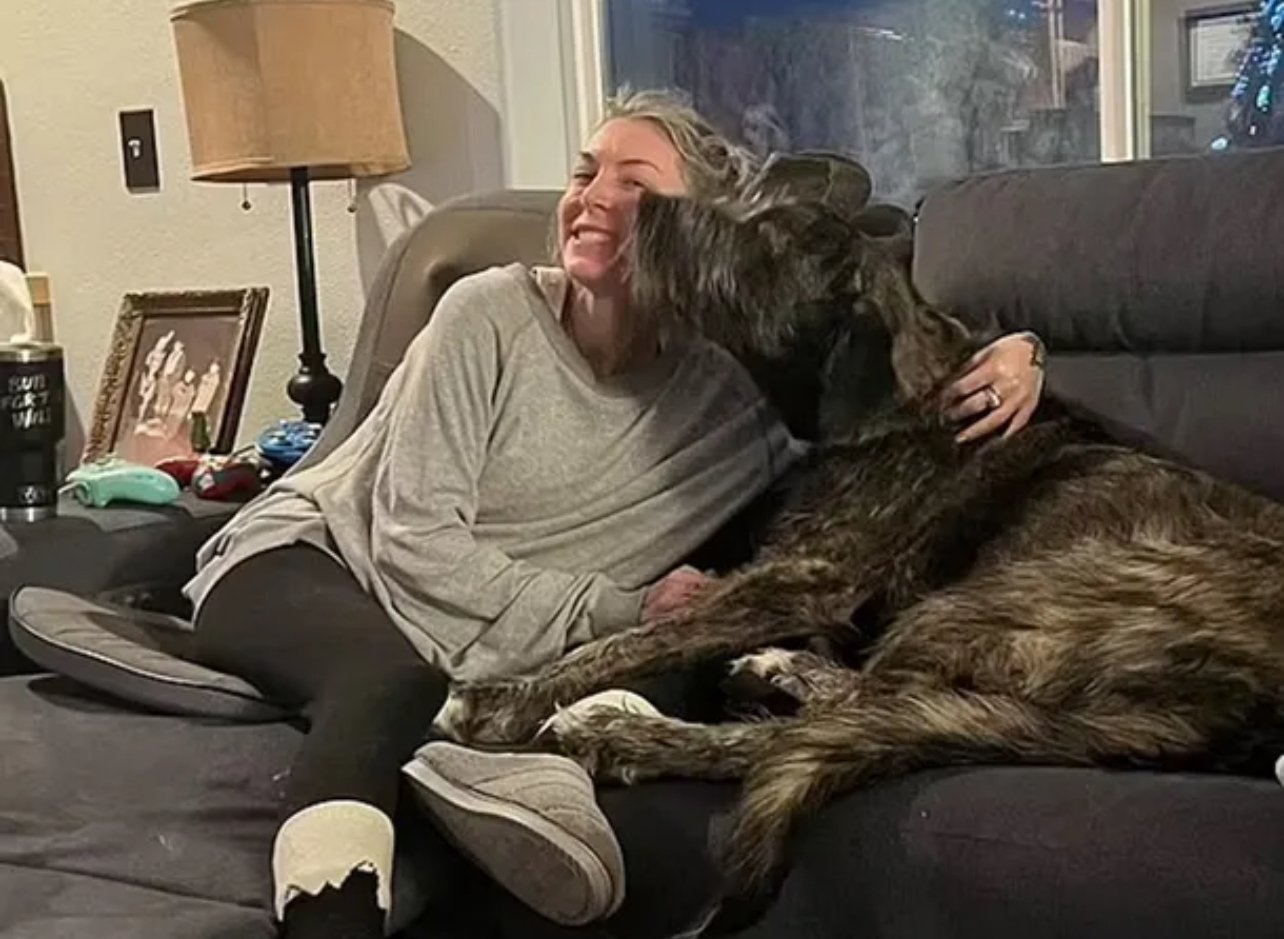As of January 1st, 2024, California has implemented a significant change in police protocol during traffic stops. Drivers in the state will no longer be faced with the common question, "Do you know why I pulled you over?" This alteration aims to enhance transparency and communication during law enforcement interactions.
The traditional practice of asking drivers if they are aware of the reason for being pulled over has been a standard part of traffic stops across the nation. However, California legislators have decided to move away from this approach, recognizing that it can create an immediate sense of apprehension and discomfort for individuals already in a stressful situation.
The new regulation encourages law enforcement officers to directly communicate the reason for the traffic stop without first soliciting a response from the driver. This adjustment seeks to foster clearer communication between police officers and motorists, promoting a more open dialogue while reducing tension during traffic stops.
Advocates for this change argue that eliminating the question can contribute to a more respectful and efficient interaction between law enforcement and the public. Drivers may feel less pressured to guess the reason for the stop and can focus on understanding and addressing the issue at hand.
However, critics express concerns about potential challenges in implementation. They argue that the removal of the question might hinder officers' ability to gauge the driver's awareness of their actions and impact the effectiveness of warnings or educational interactions.
In light of these changes, it is crucial for both law enforcement agencies and the public to adapt to the new approach. Police officers will need to ensure that they provide clear and concise explanations for traffic stops, fostering a positive and collaborative atmosphere during these encounters.
Drivers, on the other hand, should be aware of their rights and responsibilities during traffic stops. Understanding the reason for being pulled over remains essential, and individuals should feel empowered to ask for clarification if it is not immediately provided.
As California pioneers this shift in traffic stop procedures, other states may observe the outcomes and consider similar adjustments to their own protocols. The overarching goal is to create a safer and more respectful environment for all parties involved in traffic stops, emphasizing effective communication and mutual understanding.




